Dell-EMC acquisition gives channel plenty to think about
Why, in the immediate aftermath of the mega-acquisition, uncertainty goes hand in hand with opportunity

Dell’s planned acquisition of EMC has been a major talking point for our channel partners ever since it was first announced last October. The $63bn merger of the major hardware vendor with the global leader in storage, security, virtualisation and cloud computing will make Dell one of the world’s largest IT companies, just behind Microsoft and IBM. The EMC portfolio includes major IT companies and technologies such as VMware, RSA Security, Pivotal and the acquisition raises questions about the future of all these brands.
Strategic sense
According to the McAfee 2016 Threat Predictions report, storage needs and network bandwidth will continue to grow extremely fast, as will the need for data deduplication. This will lead to a fivefold increase in storage market in five years. In light of these conditions, the Dell-EMC merger seems strategically correct for both parties. The deal will help the hardware provider broaden its product lineup to penetrate the enterprise market and respond to enduring threats from big tech giants like Hewlett-Packard, IBM and Cisco. For EMC, the combination may calm investors, particularly those demanding to see more growth. Since practice shows that big customers are more likely to buy from fewer suppliers, the company has a better chance to position itself in large enterprise sector, if it has “everything under the same roof”.
VMware status
Despite the positive overall outlook, the deal is not without its problem areas. The first one is the status of conflicting projects, namely, VMware. The greatest concern for VMware shareholders is that this data-center software subsidiary of EMC might become a victim of the deal’s complexity. No wonder that VMware stock price has fallen sharply by about 25 percent in the weeks since Dell first announced the acquisition of EMC. Further consternation followed EMC’s own announcement that the two companies’ cloud-computing offerings would be reorganized into a subsidiary named Virtustream. Ultimately, the key question about whether VMware will stay independent along with its commitment to working with other vendors, or be turned into another Dell reseller, remains unanswered. Analysts point out that the industry has a long history of companies collaborating and competing against each other; therefore, Dell will most likely explore ways to integrate its hardware products into VMware sales without sacrificing its independence.
Non-core software assets face an uncertain future
A more immediate concern for Dell’s customers and stakeholders is the question mark hanging over the company’s software business. Rumors about the possible selling of previous acquisitions like Quest Software, SonicWall, Perot Systems and AppAssure are rife. Some say that disposing of these would be a logical step, helping Dell to focus on its most valuable assets and get the scale it needs to dominate the large enterprise storage segment. However, while the very existence of EMC’s software businesses remains uncertain it causes considerable strain for customers and the resellers that serve them.
ChannelPro Newsletter
Stay up to date with the latest Channel industry news and analysis with our twice-weekly newsletter
This is not just true for existing customers looking for reassurance about the continuation of products they have been using for a long time, but also for new customers who might be thinking of purchasing these systems for the first time. In consequence, both current and potential customers of Dell are probably interested in exploring alternatives, which gives competitors carte blanche to fight for Dell’s current market share.
Peter Smith is regional sales manager for Europe at Netwrix
-
 Cleo attack victim list grows as Hertz confirms customer data stolen
Cleo attack victim list grows as Hertz confirms customer data stolenNews Hertz has confirmed it suffered a data breach as a result of the Cleo zero-day vulnerability in late 2024, with the car rental giant warning that customer data was stolen.
By Ross Kelly
-
 Lateral moves in tech: Why leaders should support employee mobility
Lateral moves in tech: Why leaders should support employee mobilityIn-depth Encouraging staff to switch roles can have long-term benefits for skills in the tech sector
By Keri Allan
-
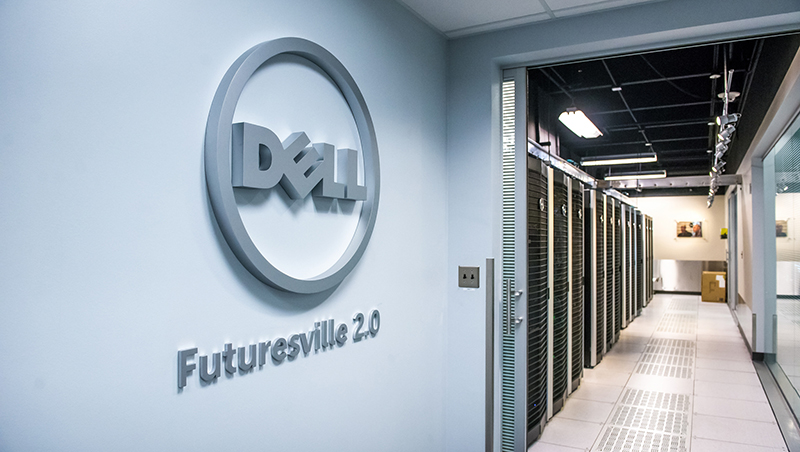 Dell/EMC merger gives birth to Dell Technologies
Dell/EMC merger gives birth to Dell TechnologiesNews $60 billion deal finally closes, creating new tech behemoth
By Jane McCallion
-
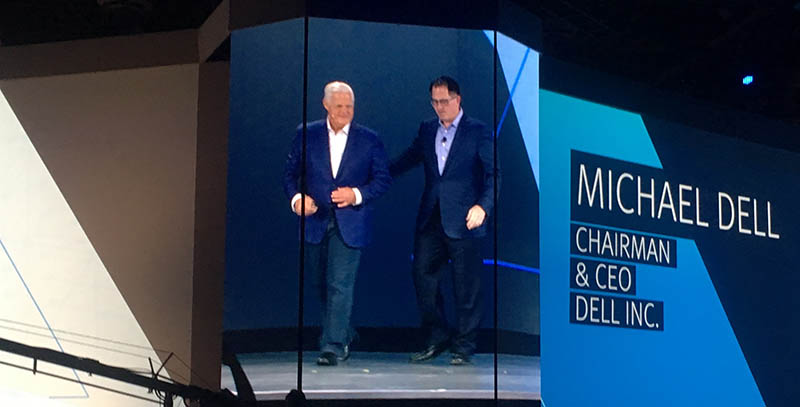 Dell EMC deal will complete next week
Dell EMC deal will complete next weekNews Massive tech merger clears final hurdle as Chinese regulators give their approval
By Jane McCallion
-
 New Dell/EMC name revealed at EMC World 2016
New Dell/EMC name revealed at EMC World 2016News EMC Federation will be called Dell Technologies, but the EMC name is not dead
By Jane McCallion
-
 IT departments suffer from reverse skills gap
IT departments suffer from reverse skills gapNews IT specialists need to become generalists in order to survive
By Jane McCallion
-
 Dell sheds services business ahead of EMC acquisition
Dell sheds services business ahead of EMC acquisitionNews Sale will help fund massive purchase
By Jane McCallion
-
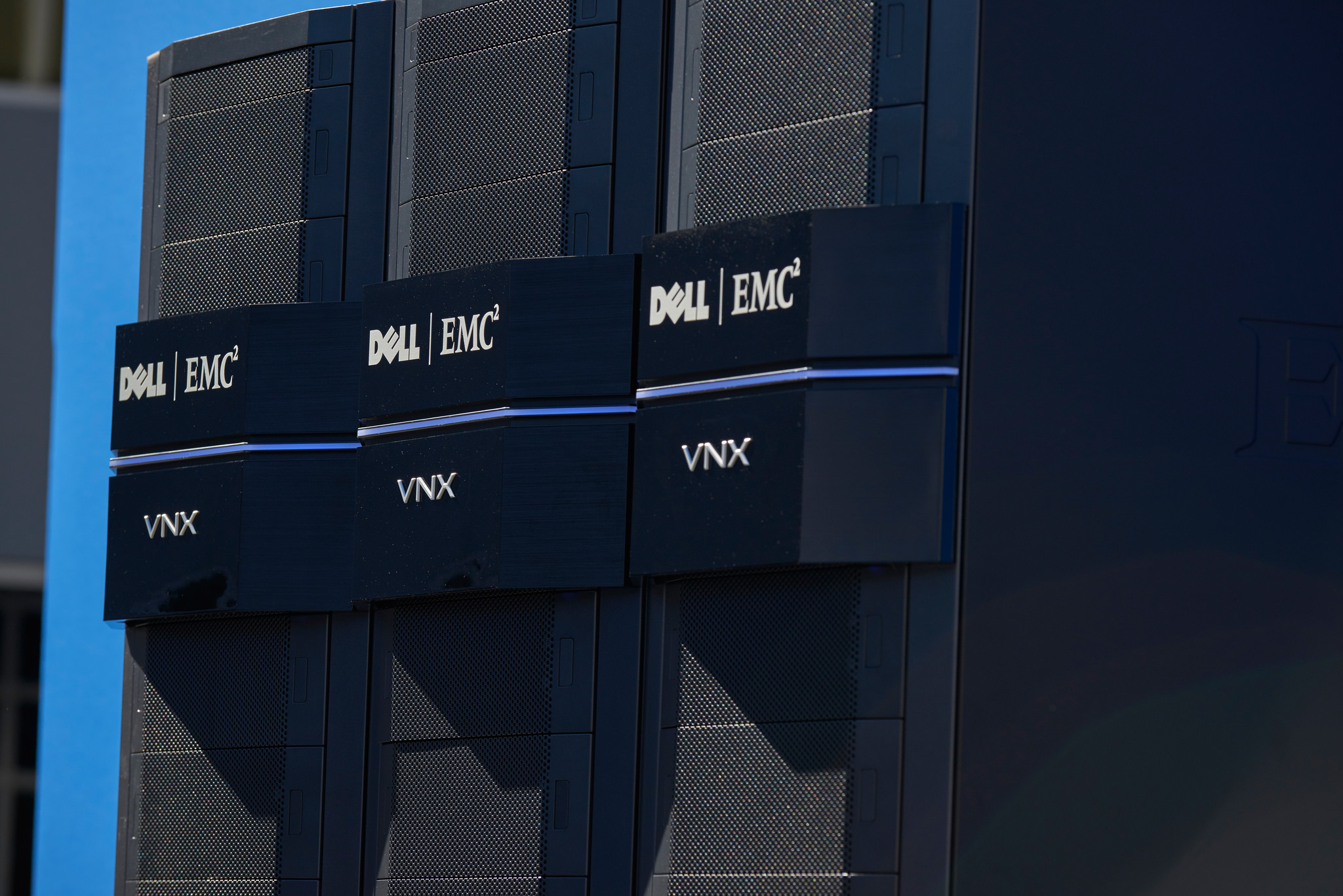 EMC sharpens axe to slash workforce ahead of Dell merger
EMC sharpens axe to slash workforce ahead of Dell mergerNews Firm creates $250 million fund to pay for layoffs
By Jane McCallion
-
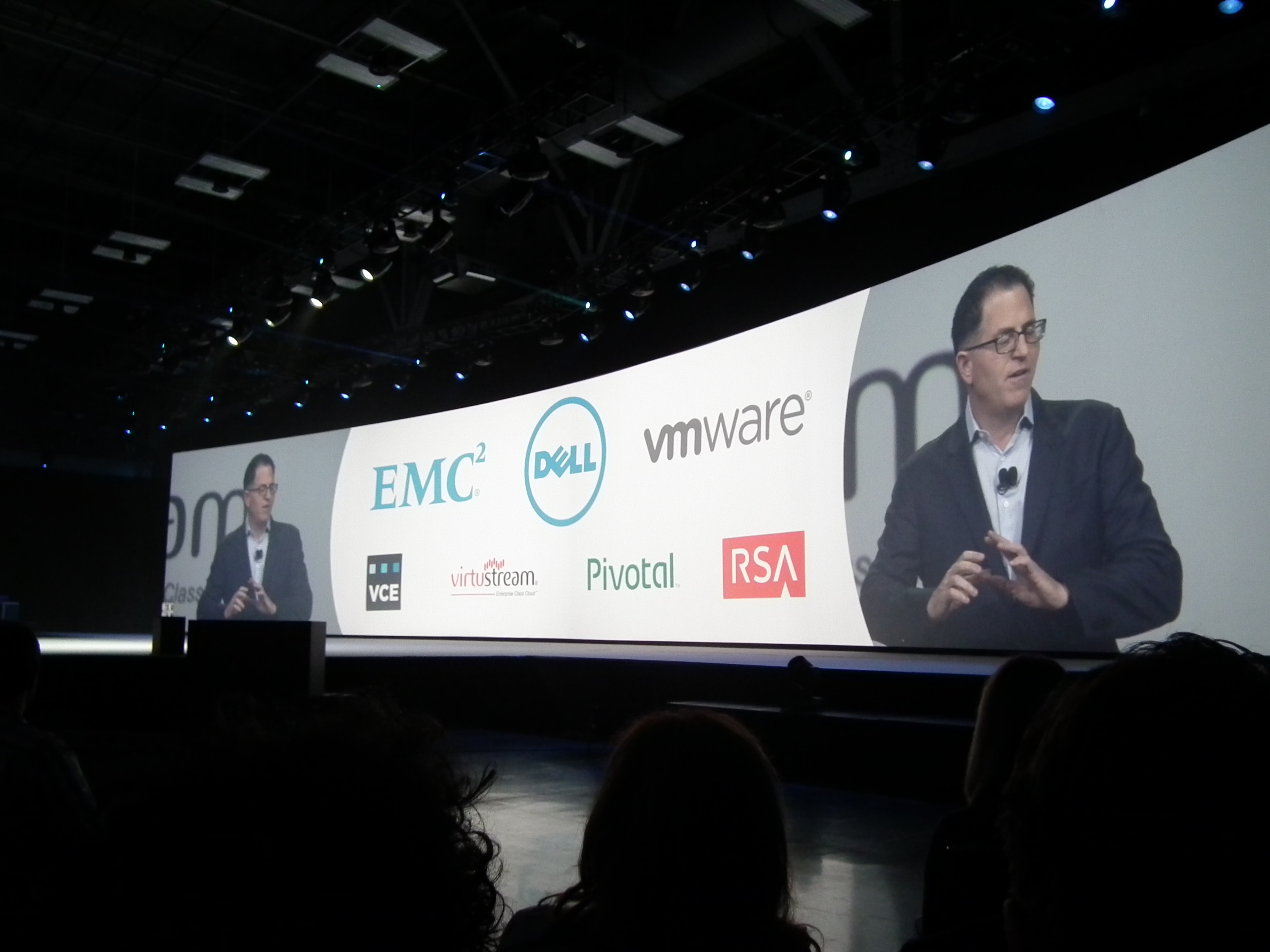 Michael Dell talks up power of private ownership at Dell World
Michael Dell talks up power of private ownership at Dell WorldNews Commitment to SMBs reaffirmed in light of EMC acquisition as well
By Jane McCallion
-
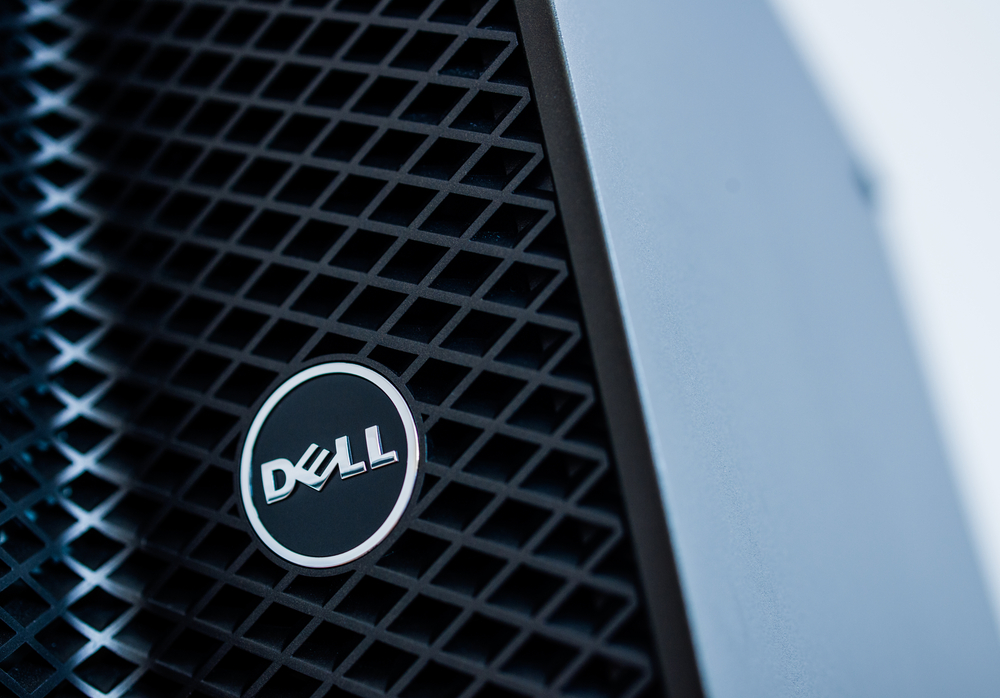 HP's Meg Whitman savages Dell-EMC merger
HP's Meg Whitman savages Dell-EMC mergerNews M&A advisors criticise VMware's absence from acquisition
By Joe Curtis